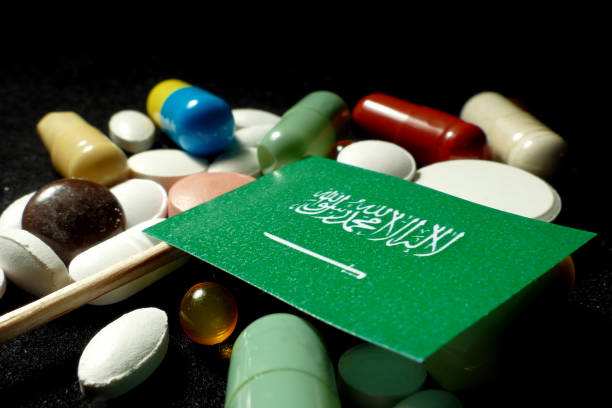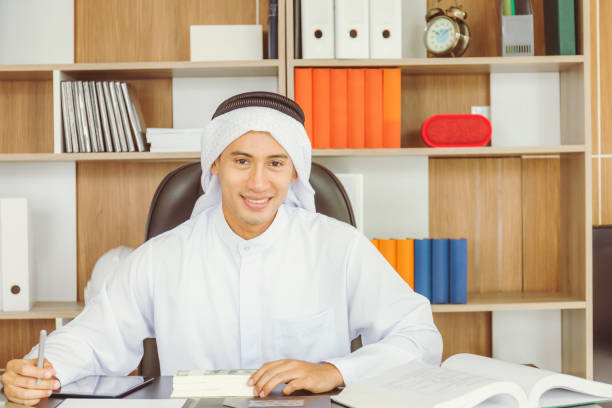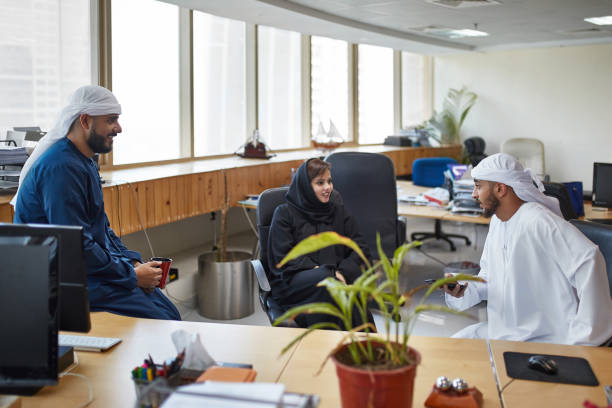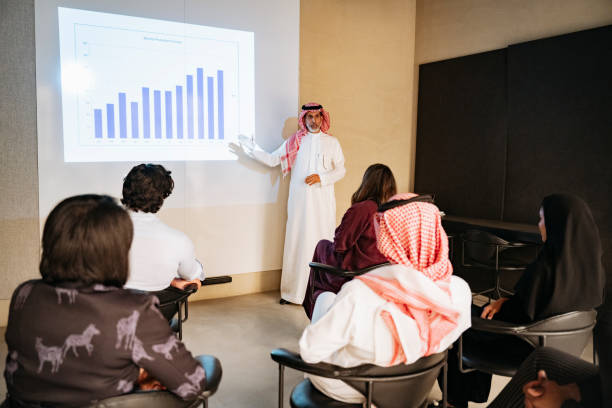Unveiling Saudi Government Schools in Jeddah
Jeddah, a vibrant port city and the commercial capital of Saudi Arabia, offers a diverse educational landscape. Alongside private institutions, a robust network of government schools caters to a significant portion of the student population.
Understanding the Saudi Education System:
Structure: The Saudi Arabian education system follows a 6-3-3-4 format, consisting of:
- Kindergarten (Optional)
- Elementary School (6 years)
- Middle School (3 years)
- High School (3 years)
- University (4+ years)
Ministry of Education: The Ministry of Education (MOE) oversees the curriculum, teacher training, and administration of public schools throughout the Kingdom.
Focus on Islamic Values: The curriculum emphasizes Islamic teachings alongside core academic subjects like mathematics, science, English, and Arabic language.
Types of Public Schools in Jeddah:
- Boys’ Schools: Separate educational facilities for boys are prevalent throughout Saudi Arabia. These schools provide a structured learning environment tailored to the specific needs of male students.
- Girls’ Schools: Similar to boys’ schools, girls’ schools offer a dedicated learning environment for female students.
- Co-educational Schools: A relatively new concept, co-educational schools are gradually emerging in certain areas, with separate classes for boys and girls but shared facilities.
Admission Process for Public Schools:
Eligibility: Children of Saudi nationals and legal residents holding valid residency permits are eligible to enroll in government schools.
Documents Required:
- Birth certificate of the child
- Iqama (residency permit) of the child and parents
- Immunization records
- Previous school reports (if applicable)
Online Application: The Ministry of Education’s platform facilitates online applications for school enrollment. Parents can register their children and choose preferred schools based on availability.
Selection Process: School allocation might involve a lottery system or prioritize factors like proximity to the applicant’s residence and sibling enrollment in the same school.
Curriculum and Instructional Approach:
Core Subjects:
- Arabic Language and Islamic Studies: Emphasis is placed on the development of strong Arabic language skills, foundational Islamic knowledge, and religious values.
- Mathematics: Focus on developing problem-solving abilities and mathematical competency.
- Science: Introduction to scientific concepts and fostering a spirit of inquiry and exploration.
- English Language: Developing English language proficiency through interactive learning methods.
- Social Studies: Building an understanding of history, geography, civics, and social responsibility.
Extracurricular Activities:
- Public schools in Jeddah often incorporate various extracurricular activities into the school day or as after-school programs. These activities can include sports, arts, cultural events, and scouting programs.
Shift System: Due to the hot climate in Jeddah, some schools might implement a shift system, with separate timings for morning and afternoon classes.
Teacher Training and Qualifications:
- Emphasis on Qualifications: The Saudi government prioritizes recruiting highly qualified teachers for its public schools.
- Teacher Training Programs: The Ministry of Education implements comprehensive teacher training programs to ensure educators possess the necessary knowledge, skills, and pedagogy to effectively deliver the curriculum.
- Professional Development: Ongoing professional development opportunities are provided for teachers to stay updated on the latest teaching methods and educational advancements.
Benefits of Attending Public Schools in Jeddah:
- Affordability: Government schools in Saudi Arabia are free to attend for eligible students, making quality education accessible to a wider range of families.
- Standardized Curriculum: The MOE-mandated curriculum ensures consistency in the quality of education across all government schools.
- Focus on Arabic Language and Islamic Values: Students gain a strong foundation in Arabic language skills and Islamic teachings, fostering cultural identity and religious knowledge.
- Safe and Secure Environment: Schools prioritize providing a safe and secure learning environment for students.
Challenges and Considerations:
- Language Barrier: Instruction primarily occurs in Arabic, which can pose a challenge for students who are not native Arabic speakers.
- Limited Availability of English Language Programs: While English is part of the curriculum, the extent of English language instruction might vary across schools.
- Large Class Sizes: Public schools in Saudi Arabia can have large class sizes, potentially impacting the level of individual attention students receive.






